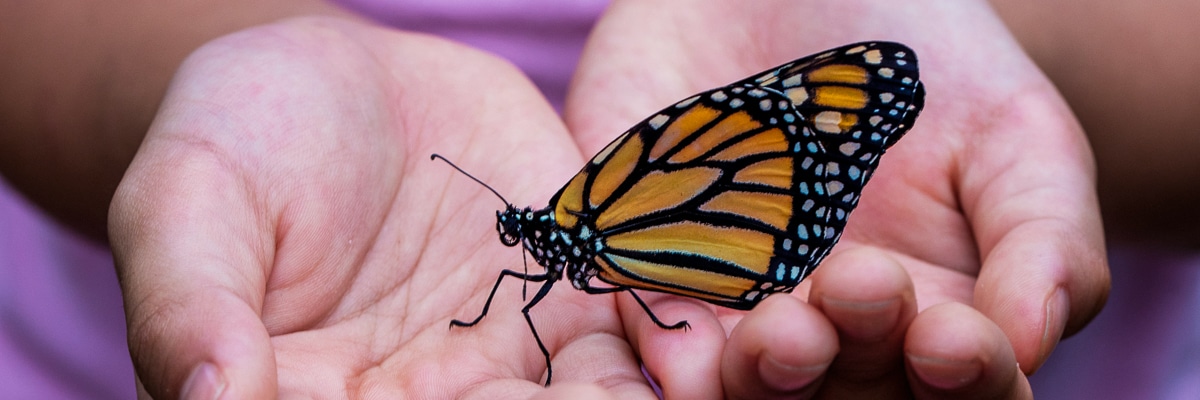
Blessed are the peacemakers: They shall be recognized as children of God.
—Matthew 5:9
Father Richard considers what it means to be a peacemaker:
This verse in Matthew’s Gospel is the only time the word peacemakers is ever used in the whole Bible. Peacemakers literally are the “ones who reconcile quarrels.” We can clearly see Jesus is not on the side of the violent but on the side of the nonviolent. Jesus is saying there must be a connection, a clear consistency, a constant unity between means and ends. There is no way to peace other than peacemaking itself.
Today, many think we can achieve peace through violence. We’ve all witnessed actions coming from the logic “We’ll stop killing by killing.” It’s the way we think, even though it’s in opposition to all great religious teachings. Our need for immediate control leads us to disconnect the clear unity between means and ends. The U.S. even named a missile that was clearly meant for the destruction of humanity a “peacekeeper.” At least the word is more honest: peacekeeper, instead of Jesus’ peacemaker. But the peace we are keeping is a false peace. Jeremiah the prophet would say about our “peacekeeping” wars what he said to Israel’s leaders:
“Peace! Peace!” they say, whereas there is no peace.
They should be ashamed of their loathsome deeds.
Not they! They feel no shame, they do not even know how to blush.
—Jeremiah 8:11–12
War is a means of seeking control, not a means of seeking peace. Pax Romana is the world’s way of seeking control and calling it peace. The Romans thought they had peace, but violence will always create more violence, especially on the edges, in the colonies. At the center, among folks who are “insiders,” it has what it calls peace, yet the violence has merely been exported to those on the edges of society. That is no real peace. Our rich gated communities with security entrances are evidence of the same today. As Pope Paul VI said, “If you want peace, work for justice.” [1]
Do we have any idea of all the slavery and oppression, all the killing and torture, all the millions of people who have existed around the edges of every empire so those at the center of the empire could say they had peace? Every time we build a pyramid, certain people at the top will have their peace, yet there will be bloody bodies all around the bottom. Those at the top usually don’t recognize the price of their false peace.
In the Sermon on the Mount, Jesus defines peace in a different way that we call Pax Christi, the peace of Christ. In the remaining Beatitudes, Jesus will connect his peace with justice and self-sacrifice (see Matthew 5:10). The Pax Romana creates a false peace by sacrificing others; the Pax Christi waits and works for true peace by sacrificing the false self of power, prestige, and possessions.
References:
[1] Pope Paul VI, Message for the Celebration of the Day of Peace, January 1, 1972. Full text at http://w2.vatican.va/content/paul-vi/en/messages/peace/documents/hf_p-vi_mes_19711208_v-world-day-for-peace.html
Adapted from Richard Rohr, Jesus’ Alternative Plan: The Sermon on the Mount (Cincinnati, OH: Franciscan Media, 1996, 2022), 148–149.
Image credit and inspiration: David Clode, untitled (detail), 2018, photo, Australia, Unsplash. Click here to enlarge image. Like a butterfly in open hands, peacemaking requires the humility of opening our hearts to the delicate dance of co-creating a just peace.
Story from Our Community:
Reading the Daily Meditations reminds me of the great Communion of Saints—both living and dead—that we all belong to. We are all connected to the great mentors of our tradition like St. Francis of Assisi, Frs. Dan and Phil Berrigan, Louis Vitale, Elizabeth McAllister, John Dear, Mohandas Gandhi, Martin Luther King Jr, and many others, named and unnamed. We are being mentored mysteriously by all the holy men and women who have gone before us. Much gratitude to Fr. Richard and the CAC community.
—Gregory G.




